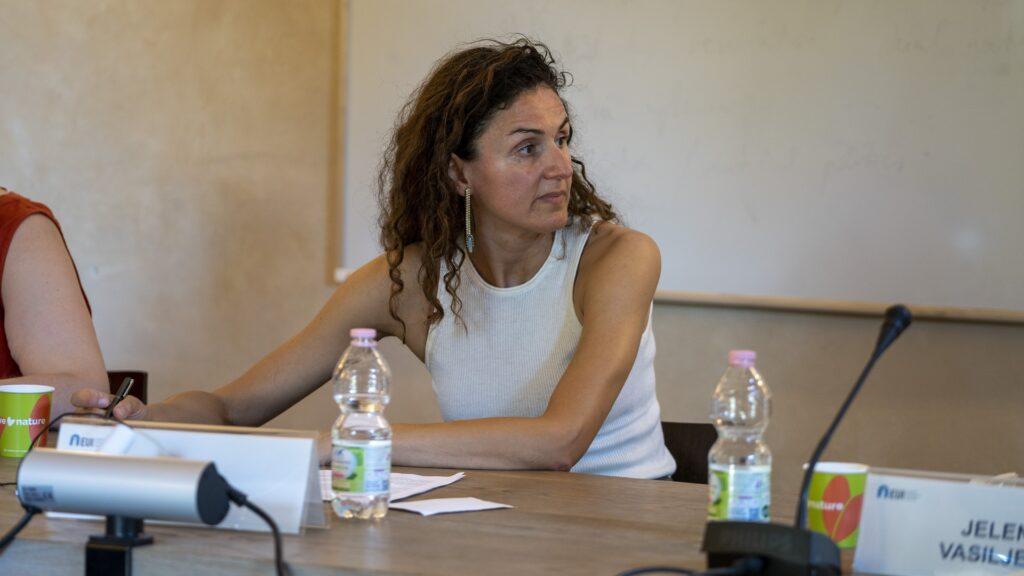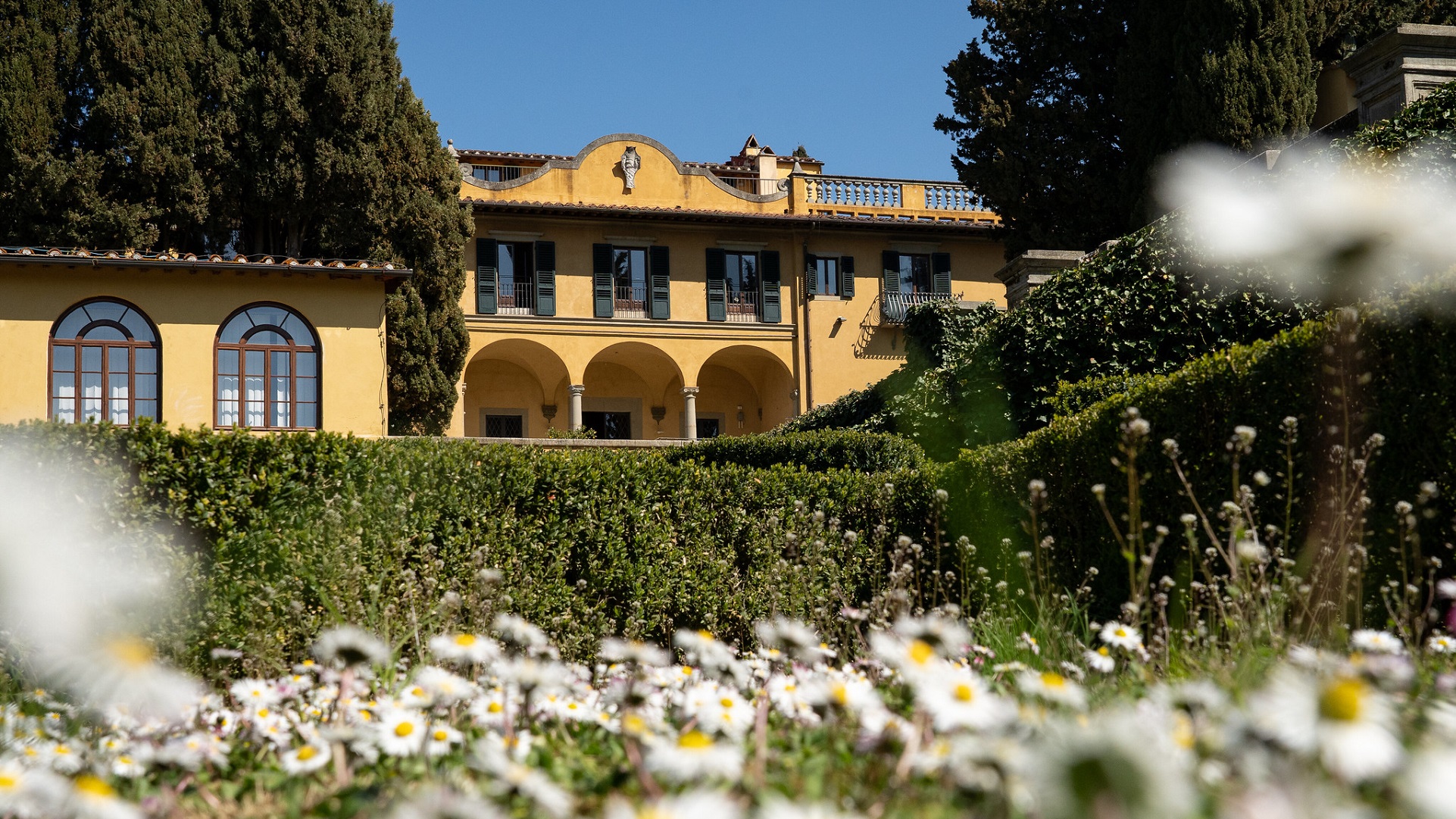Read more
In Focus
Focus on Knowledge, Governance and Transformations
On 1 July 2022, eleven productive years of research on indicators in global governance led to the inauguration of the latest research area of the Global Governance Programme (GGP) on ‘Knowledge, Governance, Transformations’.
“I am delighted to lead the research on Southeastern Europe at the Schuman Centre. The region is an intriguing microcosm of changing states, societies and institutions. Research on how they change and why will help us create applied knowledge for better regional, European, and global governance”

On 26 May, a new research area ‘Southeastern Europe: Transitions, prospects, crossroads’ has been launched at the Robert Schuman’s Global Governance Programme (GGP). Led by Jelena Dzankic, this new initiative will bring together the community of scholars based at the EUI working on topics related to Southeastern Europe, and establish a forum for exchange with a wider network of scholars and practitioners interested in this region. The focus of the scholarship is mainly on of the workings and shortcomings of democracy, regime transition, European integration, conflict and geopolitics. The programme is structured around three cross-disciplinary research pillars: transitions, prospects, and crossroads.
The topic ‘Transitions’ looks at the transformation of states and societies in Southeastern Europe. All countries in the region have been going through major political, economic and cultural transformations since the mid-1980s. Yet these transitions have not been simultaneous, linear, or consistent. This is precisely why we focus on the different trajectories of political development in the region, which were shaped by competing nationalisms, weak and captured states, post-conflict reconciliation and institution-building, authoritarian backsliding, and political and economic development. Our first conversation on ‘Who constitutes the people? Southeastern Europe between narratives and laws’ precisely focused on a dialogue about how nationalist narratives exclude the unwanted groups from the public sphere, and how laws reproduce those nationalist narratives. The event featured Jo Shaw (University of Edinburg), a legal scholar who has worked on Southeast-european region, and Jelena Vasiljevic (University of Belgrade), an anthropologist who has explored the power of stories in shaping transitional societies.
Our second research topic zooms in on the ‘Prospects’ for European integration of the Western Balkans, an issue of utmost salience in the context of both the Russian aggression on Ukraine and the future of Europe. The region’s European future has been at a near stalemate for almost a decade, despite political commitments to European Union (EU) integration. Political and economic incentives that had stimulated earlier transitions and motivated ‘Europeanisation’ seem to either fail or even have the reverse effect in the Western Balkans. We examine why this has been the case, what political, social and economic challenges do the Western Balkan countries and the EU face in the course of accession, and what different solutions might exist for strengthening the links between Europe and the Western Balkans.
Last, but not the least we examine the ‘Crossroads’ of geopolitical influence in Southeastern Europe, which has historically been at the meeting point between he ‘West’ and the ‘East’. The legacies of the Doge of Venice and the Hapsburg, Russian and Ottoman Empires still permeate the cultural, societal and economic spheres throughout the region. Most recently, Southeastern Europe has experienced increased engagement by the EU and the USA, both of whom are acting as external democratisers in a context of a growing economic presence of China, Central Asian and Gulf States, Russia and Turkey.
Our research explores the intersecting, overlapping and often conflicting influences of third-party actors, seeking to understand how their interests and strategies impact upon the region’s past, present and future.


